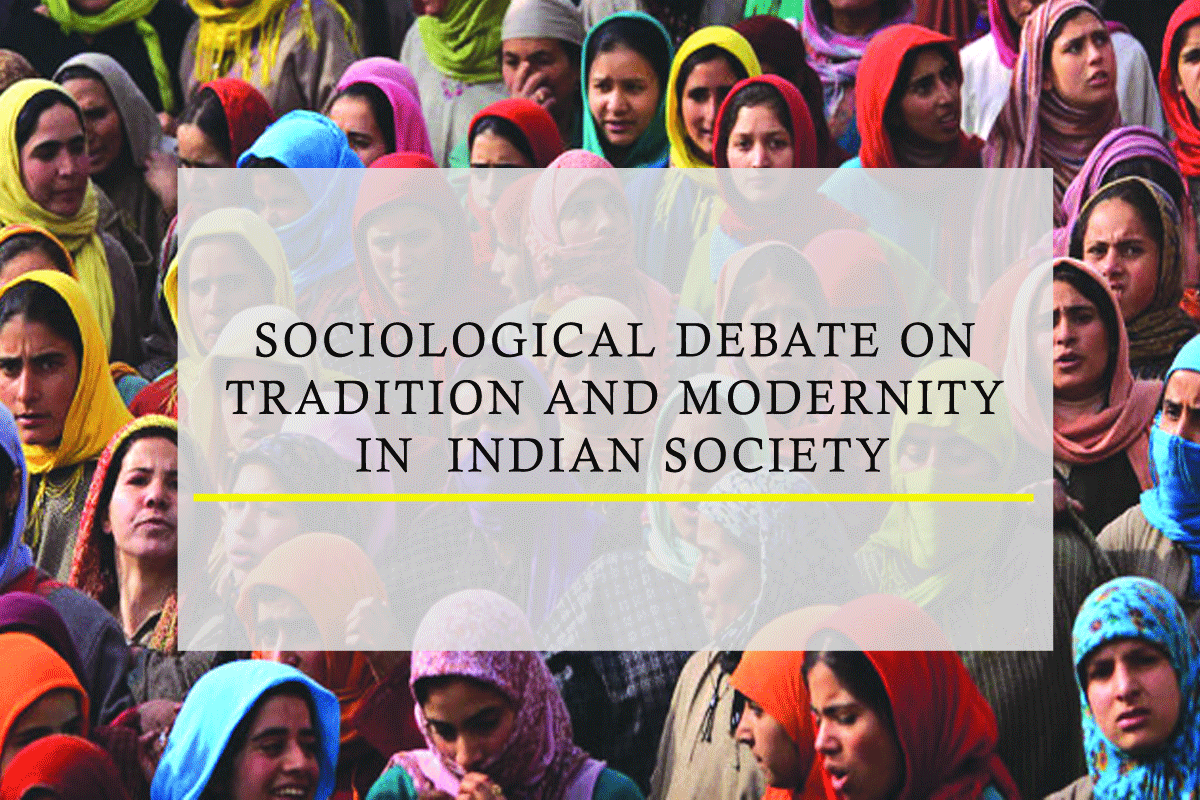Govind Sadashiv Ghurye (1893-1983) is considered to be one of the pioneers of sociology in India. He joined Bombay University’s Sociology Department in the year 1924 and retired from there in 1959. He was born in a conservative Maharashtrian Brahmin family. This family conservatism remained with him all through his life. He was a voracious writer and had authored 32 books on a variety of themes. Ideologically, he was a doctrinaire Hindu and considered Hindu scriptures as the major source of his Indian society’s analysis.
During his creative period of writing Indian sociology was engaged in the debate on tradition and modernity. But Ghurye did not enter into this controversy. Nor he took up the issue of the role of traditions in Indian society. As an orientalist, however, he stressed the importance of Indian traditions, especially the Hindu ethnography.
Ghurye analyzed Hindu society as a part of wider Indian civilization. For him, tradition was a heuristic method for sociological analysis. Indian traditions are actually Hindu traditions and to understand Indian society one must know the Hindu traditions. His wider Hindu society consists of tribals and other non-Hindu groups.
Traditions, he insists, are essentially Hindu traditions. Whatever group we may discuss in India, it has its origin in Hindu civilization. In his work, Social Tensions in India (1968), he argues that Hindus and Muslims are two separate and cultural distinct groups that can hardly have any chances of integration.
His views on the integration of tribal groups are very clear. The Aborigines: So-called and their Future is his controversial book wherein he establishes that the scheduled tribes are backward caste Hindus and their future rests with the Hindu society.
It would not be wrong to suggest that Ghurye created a special kind of Hindu sociology and the traditions which we have in India are Hindu traditions only. Despite Ghurye’s prolific writings on issues pertaining to Indian society, he has not defined traditions. Nor has he discussed the impact of modernity.
His sole concern has keen to establish that the core of Hindu society and, in this sense, the Indian society, is tradition and this tradition has its roots in its scriptures. Religious beliefs, karma kand, rituals and practices of this kind constitute the structure of traditions. Polity and economy hardly get any scope in Ghurye’s discussion.
Main Article : SOCIOLOGICAL DEBATE ON TRADITION AND MODERNITY IN INDIAN SOCIETY

